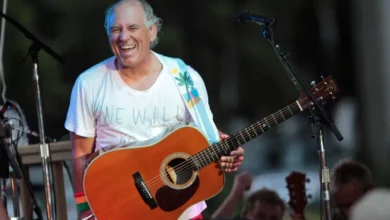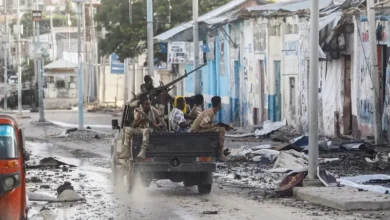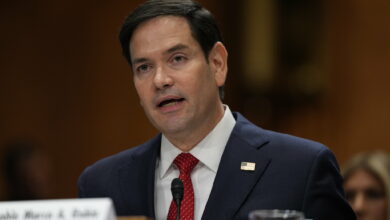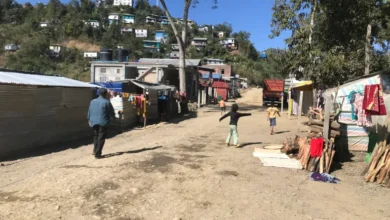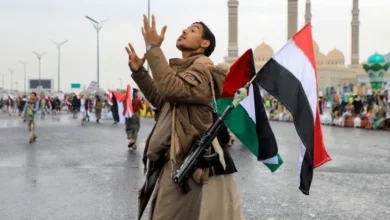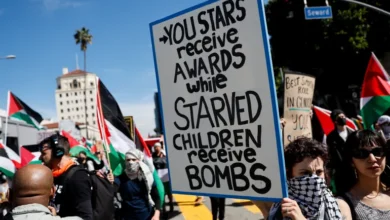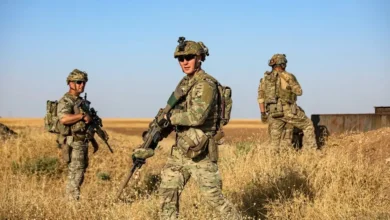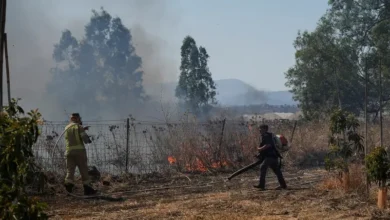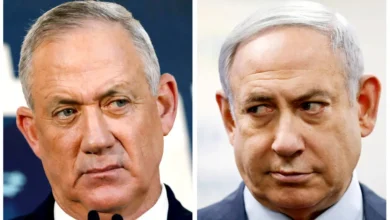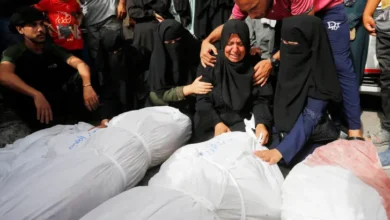Indian police detain students over Modi documentary screenings
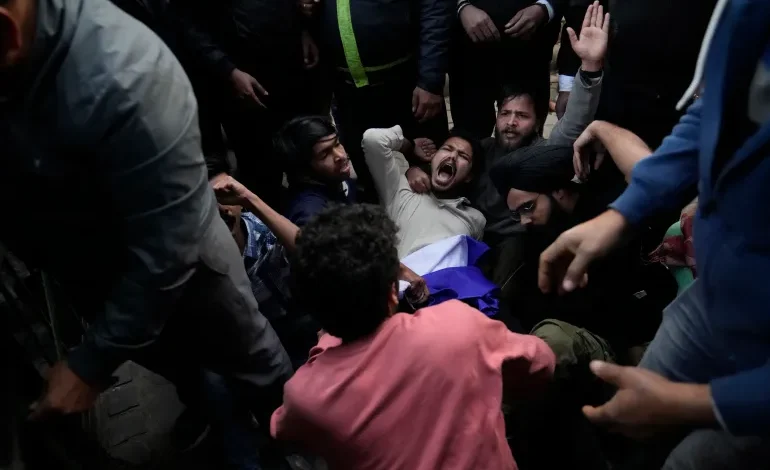
Police have detained many students in the Indian capital, New Delhi, over the screening of a BBC documentary on Prime Minister Narendra Modi’s alleged role during the deadly Gujarat sectarian riots in 2002.
Police swarmed Delhi University after student groups supportive of Modi’s Bharatiya Janata Party (BJP) objected to the screening, seizing laptops and imposing a ban on assemblies of more than four people.
Police officer Sagar Singh Kalsi told Indian news channel NDTV that 24 students were detained.
Earlier this week, the federal government used emergency powers to block the airing of the documentary and banned its sharing on social media. Twitter and YouTube complied with the request and removed many links to the documentary.
Students at Delhi University and at numerous campuses across India gathered to watch the documentary on laptops and phones, defying government efforts to stop the film’s streaming.
The two-part film says Modi had ordered police to turn a blind eye to deadly riots while he was chief minister of Gujarat state.
The violence began after 59 Hindu pilgrims were killed in a fire on a train. Thirty-one Muslims were convicted of criminal conspiracy and murder over that incident.
About 2,000 people, mostly Muslims, were killed in the unrest that followed.
The documentary quoted a previously classified British foreign ministry report which said the violence was “politically motivated” and the aim “was to purge Muslims from Hindu areas”.
The report also claims that the riots were impossible “without the climate of impunity”, created by Modi’s administration.
Defiant students have staged broadcasts on several campuses around the country.
On Wednesday, tensions over the issue flared in New Delhi, where a student group at Jamia Millia Islamia university said it planned to screen the banned documentary, prompting dozens of police equipped with tear gas and riot gear to gather outside the campus gates.
Police, some in plain clothes, scuffled with protesting students and detained at least half a dozen of them.
The Jawaharlal Nehru University authorities in the capital cut off power and internet on the campus on Tuesday before the documentary was scheduled to be screened by a students’ union.
Authorities said it would disturb the peace on campus, but students nonetheless watched the documentary on their laptops and mobile phones after sharing it on messaging services such as Telegram and WhatsApp.
At the University of Hyderabad, in India’s south, an inquiry was launched after a student group showed the banned documentary earlier this week.
In the southern state of Kerala, BJP workers held demonstrations after some student groups affiliated with rival political parties defied the ban and screened the film.
